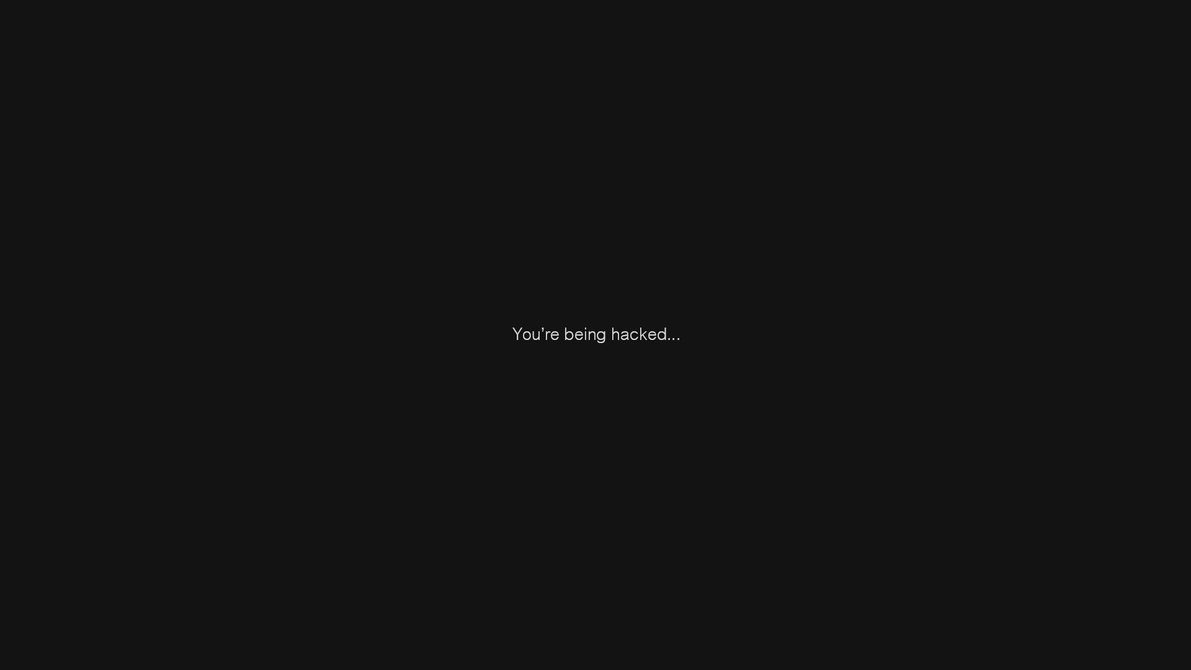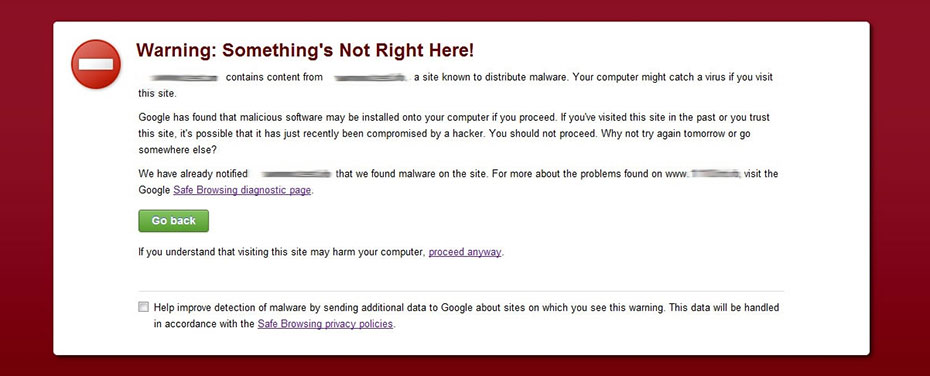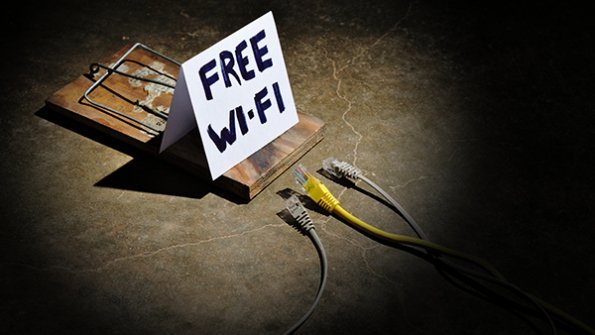How safe are you over the internet? Read to find out.

Honestly, I don't know if you guys have watched the movie "The Italian job" or "The lone gunmen" or "Blackhat", because if you haven't , I suggest you watch it as soon as you can. General people use internet for various jobs, starting from a teen watching YouTube videos to a child playing online games to a shopper paying online over a website on a checkout!
It happens to speak that a kid with mere knowledge of using a computer can hack your system.
We don't bother to check whether the application we are installing comes from a trusted source or not. When an application asks for a permission to access system resources, we are generally complacent about it.
Talking about the general use of computer systems, I still find most of the operating systems to be outdated, not patched, without security fixes. Even it will not be a surprise if you come across a Windows XP still being used. And the fact is that, such OS have discontinued support from the manufacturer. We are generally ignorant about security aspect of things.
I would also like to emphasize on the fact that even if the common masses are not much aware about cyber security. The same is evident on bug bounty platforms such as Hackerone and Bugcrowd.

Current ransom-wares like WannaCry or the Petya crumbling down companies forces the general mass to think.. "How safe are we? Can we be safe?"
The answer is, "We can try to make it difficult to get hacked, definitely can try to make the hacker leave a trace"
Improvements that can be made to improve the present situation:
The awareness will have to come at an individual level. If we talk about institutions, The schools/colleges should include cyber-security as a part of their curriculum. The kids are left on their own in the ocean like cyber world. They need to be educated about the netiquettes, do's and don'ts, taught to respect others privacy and to defend their own. Weekly, bi-weekly or monthly classes on such topics can be really useful for them. They can also ask their curious questions.
The parents need to understand the evolution in the usage of cyber world. Understanding their responsibility and allowing kids to practice freedom and at the same time telling them about their responsibility is the need of the hour. Parents should provide a open environment where the kid can discuss with him/her any of the misdoing he had done or have been a witness of in cyber world.
Keep your browser updated and always use an ad-blocker. An outdated browser is prone to attacks. I'm sure you must have seen ads while going through a website. Many of those offer nothing but malicious software or re-direct to another website which offers you something at a very low price at the cost of completing a survey for them! Don't ever do them. They are nothing but scams to get out your personal information which can put you at a risk.
Stick to well known sites and always look out for the "https", "http" running websites are prone to attacks. You can know if a website is running "https" by simply checking a "Lock" sign just by the side of the address. The message is encrypted in https and can only be read with the help of a particular key.

Only download from sites you trust. Many piracy software users use some other un-trustable site which lets you download a software which in turn downloads you your desired software. But in reality it downloads something else, called a worm or a trojan, which hijacks your system information and sends it to there servers. So next time you download something from somewhere, please be careful.
Don't respond to emails from strangers. There are many spam mails sent out to everyone. In almost 75% of them they intend to fool you to provide your personal details into a fake offer for something. And the other remaining 25% use attachments which can be in the form of anything, a pdf , a picture, which might contain a malicious software which in turn can sabotage your system.

Use a proper antivirus and use your firewall. It will certainly help you keep of keyloggers , viruses and worms and protect you from stumbling upon a harmful website.
If possible use a proper vpn service. There are a ton of proper vpn services available. VPNs provide you an extra layer of security than you already have. When you connect to a VPN, you usually launch a VPN client on your computer (or click a link on a special website), log in with your credentials, and your computer exchanges trusted keys with a far away server. Once both computers have verified each other as authentic, all of your internet communication is encrypted and secured from eavesdropping.